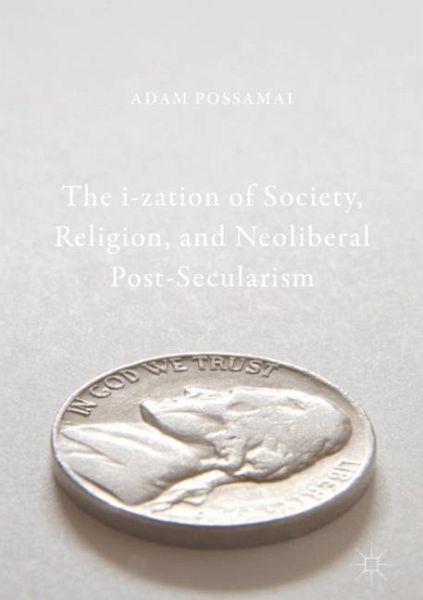
The i-zation of Society, Religion, and Neoliberal Post-Secularism
Versandkostenfrei!
Versandfertig in 6-10 Tagen
38,99 €
inkl. MwSt.
Weitere Ausgaben:

PAYBACK Punkte
19 °P sammeln!
This book explores the elective affinity of religion and post-secularism with neoliberalism. With the help of digital capitalism, neoliberalism dominates, more and more, all aspects of life, and religion is not left unaffected. While some faith groups are embracing this hegemony, and others are simply following the signs of the times, changes have been so significant that religion is no longer what it used to be. Linking theories from Fredric Jameson and George Ritzer, this book presents the argument that our present society is going through a process of i-zation in which (1) capitalism domina...
This book explores the elective affinity of religion and post-secularism with neoliberalism. With the help of digital capitalism, neoliberalism dominates, more and more, all aspects of life, and religion is not left unaffected. While some faith groups are embracing this hegemony, and others are simply following the signs of the times, changes have been so significant that religion is no longer what it used to be. Linking theories from Fredric Jameson and George Ritzer, this book presents the argument that our present society is going through a process of i-zation in which (1) capitalism dominates not only our outer, social lives (through, for example, global capitalism) but also our inner, personal lives, through its expansion in the digital world, facilitated by various i-technology applications; (2) the McDonaldization process has now been normalized; and (3) religiosity has been standardized. Reviewing the new inequalities present in this i-society, the book considers their impact on Jurgen Habermas's project of post-secularism, and appraises the roles that various religions may have in supporting and/or countering this process. It concludes by arguing that Habermas's post-secular project will occur but that, paradoxically, the religious message(s) will be instrumentalized for capitalist purposes.












